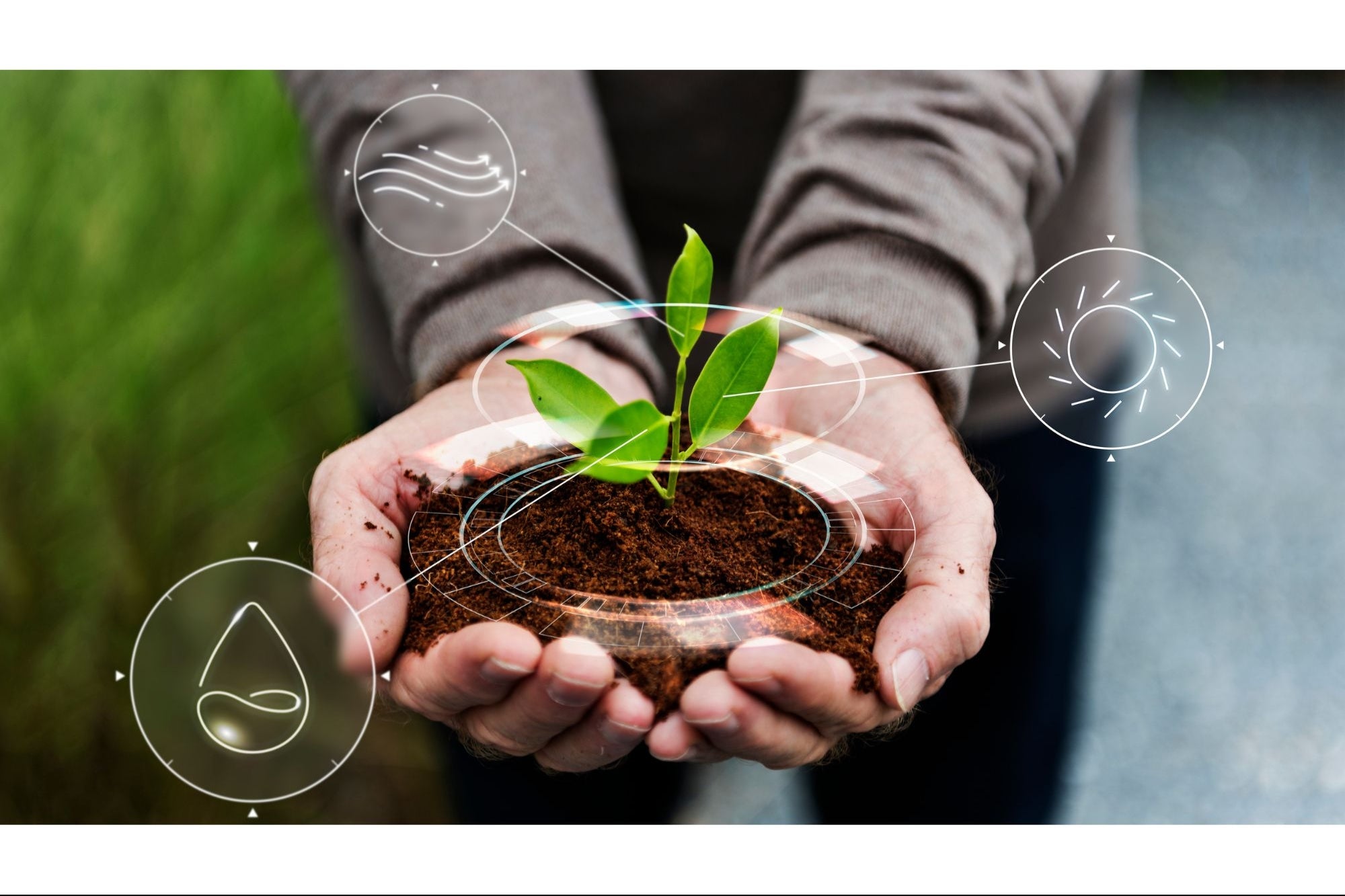Innovation Meets Tradition To Shape India's Agricultural Future Technology has made headways into the agri sector and the country has been nothing short of innovations and new ideas trying to unlock new methods of food production to meet its growing needs and a burgeoning population.
Opinions expressed by Entrepreneur contributors are their own.
You're reading Entrepreneur India, an international franchise of Entrepreneur Media.

India is a country with a vast agricultural heritage and origins in highly intelligent methods of cultivation dating back to the pre-historic era. The sector shows promise in output and innovation while being somewhat affected by the volatile markets that are usually marked by plummeting prices.
Technology has made headways into the agri sector and the country has been nothing short of innovations and new ideas trying to unlock new methods of food production to meet its growing needs and a burgeoning population. The Indian AgriTech sector is projected to reach a market potential of $24 billion by 2025, according to a Ernst & Young (EY) and the Federation of Indian Chambers of Commerce & Industry (FICCI) report.
Current climate
The Indian agriculture market is currently represented by issues such as below-par productivity compared to countries with similar conditions, fragmented landholdings, and inefficient supply chains. Not to forget, the implementation of appropriate technology has been below standards, with a huge gap in the market due to a lack of education and penetration to smallholder farms, often marred by a lack of accessibility and affordability. The smallholders account for a whopping 86% of farmers in India according to the World Economic Forum.
The sector hopes to leverage advancements in technology from the AgriTech sector to address these long-standing issues. Automated machinery, AI, robotics and technologies that utilize frameworks such as IoT, lead the way when it comes to the revolution.
Since the Indian government launched the Startup India initiative in 2016, there has been monumental growth achieved by the idea-stage startups because of newfound accessibility to funds and eased regulations. More recently, an agriculture accelerator fund was announced in the 2023 budget speech to further encourage agritech startups both in urban and rural areas. Similarly, The Digital Agriculture Mission 2021-2025 aims to integrate digital technology into farming practices to boost efficiency and sustainability.
According to data from Tracxn, there are about 2130 AgriTech startups in India, all trying to make that difference. DeHaat, a startup based in Gurugram is an App-based platform offering AI-enabled solutions that aim to revolutionize supply chain and production efficiency in the agri sector. Its most recent funding was a Series E of $60 Million led by the likes of Singapore-based Temasek.
The measures needed to make these technologies accessible are of paramount importance. Temasek in a company blog stated, "Many farmers also have limited access to capital and other resources, such as data on the potential returns from investing in various technologies. Other stakeholders must make efforts to understand farmers' needs and provide products and services that fit those needs such as flexible financing solutions for capital investments."
India has sprouted up as a country with immense potential but is still miles away from achieving granular-level adoption of the said technologies.
Shubh Dayama, AVP – Business, SaralSCF, the supply chain arm of BlackSoil Group, a venture debut fund, opines that the sector is primed for further growth with increasing technology and the perspectives to be unlocked by education at the base level,
"With changing climatic conditions, technological innovations are crucial for better adaptability, resilience, and meeting the ever-increasing food demand. Technology advancements in the AgriTech sector and its supply chain will be vital for tracking and tracing food products and reducing waste and degradation," he says.
Dayama further added that the direction of agriculture startups in India is promising for further growth and innovations because they show a keen focus on key focus on technology, adaptability, and sustainability. Investors and governmental institutes will look to further support because the startups are poised to drive transformative changes, positively impacting farmers and other stakeholders in the agricultural ecosystem.
The void in financing has been noticeable and stakeholders realize the only way to unlock potential is through strategic investments.
Abhilash Sethi, Investment Director, Omnivore feels that the agri-fintech and decarbonization/agri-climate finance will also be critical to solve, especially given the scale of financing gap in the industry.
"We remain optimistic about deep tech and hardware companies with innovations that increase the efficiency of smallholder agriculture, both during production and post-harvest. This could be via the use of artificial intelligence, robotics, drones, IoT, and automation equipment. Innovation in agrifood life sciences also remains an area of interest for us," says Abhilash.
India's agri-sector seems to be on an adventure. Ancient wisdom and traditional methods are being set aside for the adoption of technology to boost production and ultimately achieve a future with food security. Government initiatives and private investments look to further the cause for a resilient and sustainable future for Indian agriculture, meeting the needs of a growing population and evolving market demands.













